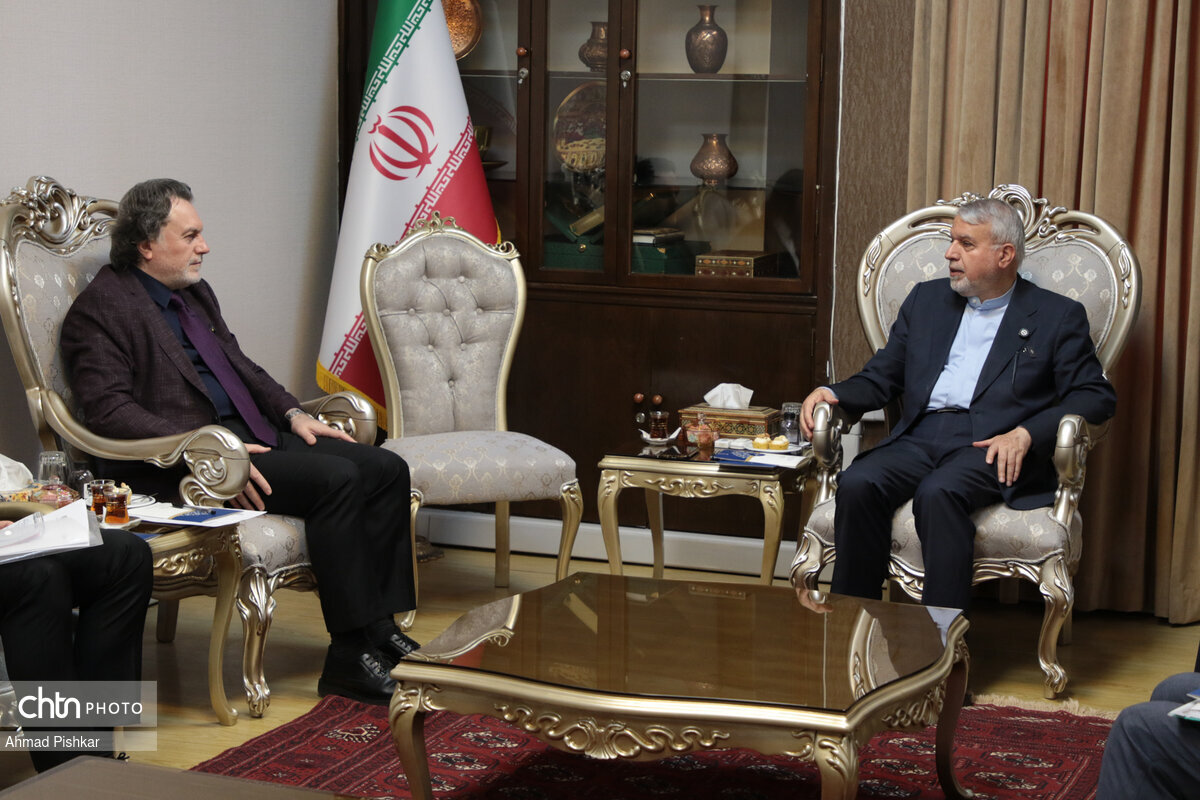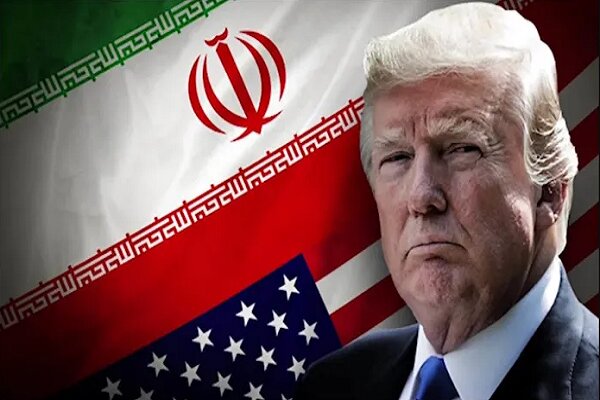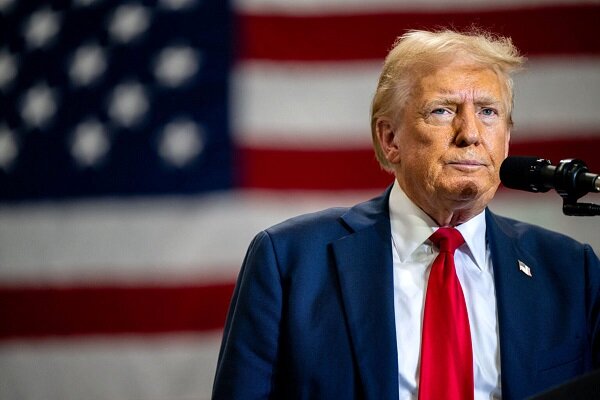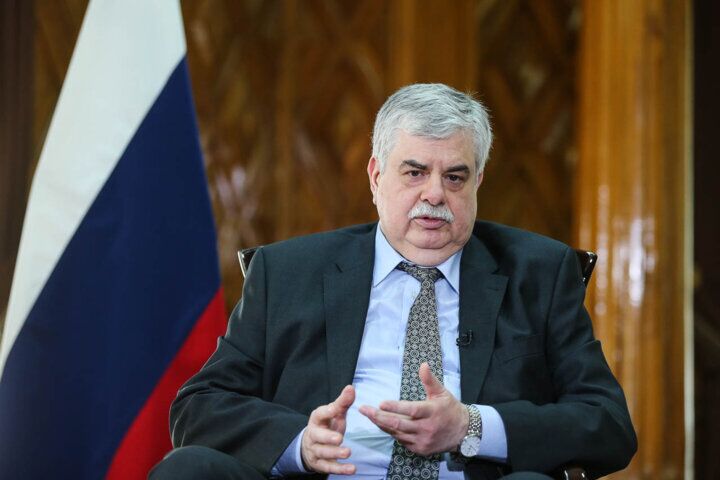Iran and Turkey Forge Stronger Bonds: A New Era of Cultural and Tourism Cooperation
TEHRAN – In a significant meeting on Saturday, Iran’s Minister of Cultural Heritage, Tourism, and Handicrafts, Seyyed Reza Salehi-Amiri, alongside Turkey’s ambassador to Iran, Hicabi Kirlangic, discussed the critical need to strengthen cultural ties and enhance cooperation in the tourism and heritage sectors.
Salehi-Amiri underscored the profound historical and cultural bonds shared by Iran and Turkey, stating that the relations between the two nations transcend mere diplomacy. These connections are deeply rooted in centuries of shared heritage, dating back to the Ottoman era.
Referring to the legacy of Rumi, a celebrated Persian poet from the 13th century known as Molana in Iran, the minister emphasized that this mystic figure represents a pivotal part of humanity’s cultural heritage. He suggested that Rumi could serve as a powerful symbol for fostering cultural cooperation and civilizational dialogue between Iran and Turkey.
Salehi-Amiri also highlighted the growing interest among Iranians in visiting Turkey. This interest is attributed not only to Turkey’s robust tourism infrastructure but also to the shared cultural values that bind the two nations. He noted that many Alevi citizens in Turkey are eager to explore Iran’s religious and cultural sites, especially in cities like Mashhad and Neyshabur, home to the tomb of Haji Bektash Veli, a prominent Islamic scholar and mystic from the 13th century.
Describing Iran’s vast tourism potential, the minister stated that the country is home to 28 UNESCO World Heritage sites, over 43,000 nationally registered sites, and countless cultural and historical attractions. Salehi-Amiri pointed out that Iran’s handicrafts industry is also significant, with annual exports surpassing $500 million, a portion of which is informally transported in personal luggage. He suggested that Turkey could play a crucial role in expanding the global reach of this sector.
In addition, the Iranian minister extended an invitation to Turkish investors to participate in developing Iran’s tourism infrastructure. He shared plans for constructing 100 new hotels annually and proposed drafting a comprehensive bilateral agreement aimed at fostering cultural, tourism, and economic cooperation for long-term benefits.
Ambassador Kirlangic echoed these sentiments and emphasized that the Iran-Turkey relationship goes beyond typical neighborly ties. He stressed the importance of enhancing cultural and social relations to create synergy in various sectors and advocated for the targeted promotion of Iranian tourist destinations in Turkey.
Notably, several senior Iranian officials attended the meeting, including:
- Ali Darabi, Deputy Minister for Cultural Heritage
- Anoushirvan Mohseni-Bandpey, Deputy for Tourism
- Maryam Jalali-Dehkordi, Deputy for Handicrafts
- Ali-Asghar Shalbafian, Head of the Ministry’s Investment Center
Darabi proposed organizing joint cultural weeks and museum exhibitions between the two countries to foster greater understanding and collaboration. Meanwhile, Mohseni-Bandpey advocated for the establishment of technical committees to advance cooperation in specific areas such as Halal food tourism and pilgrimage.
Jalali-Dehkordi announced an exciting agreement with Istanbul’s mayor to create a dedicated venue for showcasing Iranian handicrafts. This initiative is considered essential for expanding Iranian handicrafts into international markets.
Highlighting the interest from the Turkish private sector in Iran’s tourism market, Shalbafian noted that the ministry is actively developing advisory and facilitation packages to attract Turkish investors towards tourism projects in Iran.
In summary, the meeting between Iran’s Minister of Cultural Heritage and Turkey’s ambassador marks a significant step towards strengthening cultural ties and enhancing tourism cooperation between the two nations. Both parties recognize the vast potential for collaboration, driven by their shared history and cultural values. As they work towards creating a more interconnected relationship, the emphasis on tourism and cultural heritage could pave the way for a prosperous future for both countries.






